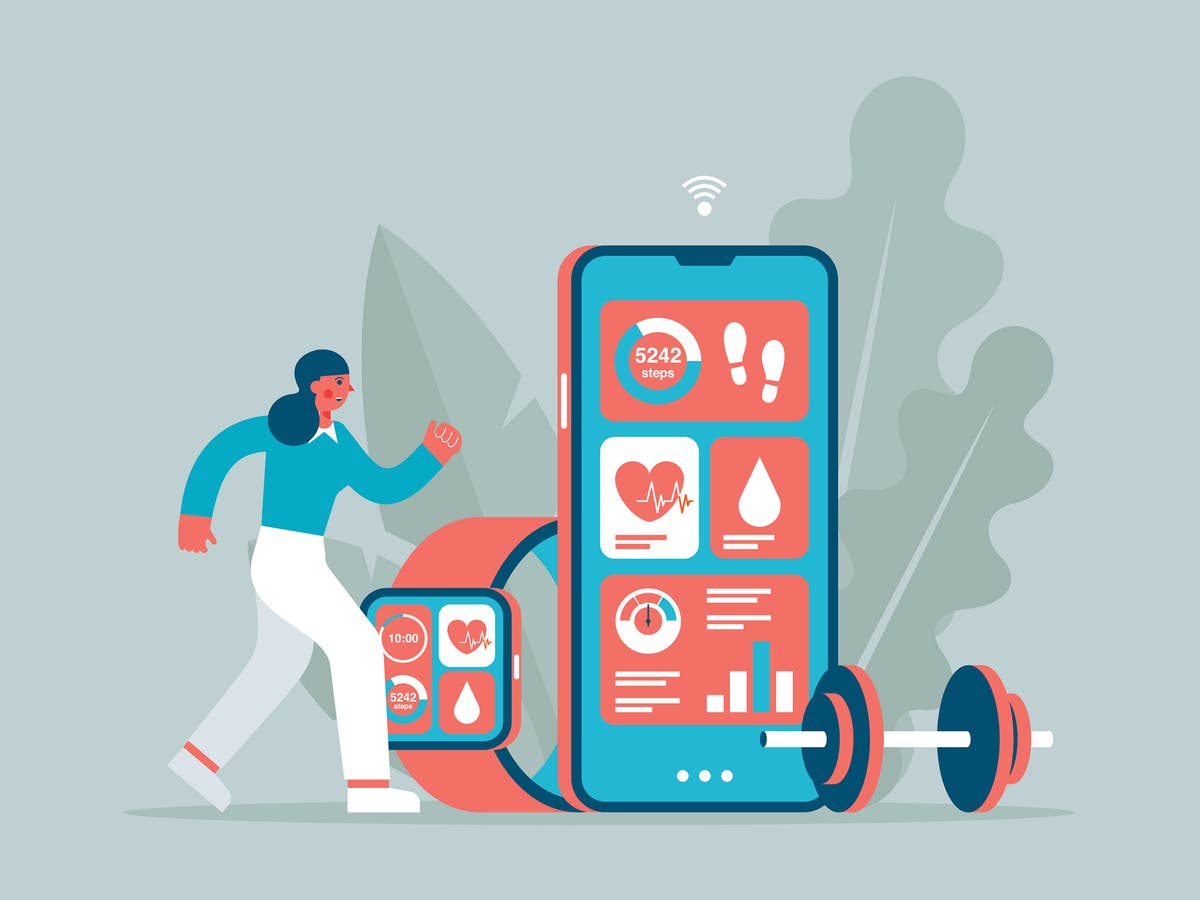I’ve finally discovered the ideal exercise regimen. It’s one that doesn’t require you to change into workout gear, can be performed at any time, is cost-effective, efficient, gentle enough to be done daily, and beneficial to both your mental and physical health. The beneficial effects will even last eight hours post-workout.
This miracle fitness routine is none other than walking. The beauty of this routine is that it doesn’t require gym membership or a treadmill. According to Suzy Reading, a chartered psychologist and author, for maximum benefits, it’s crucial to perform this routine outdoors.
Why is walking considered such a great workout? The answer lies in the fact that it works on overall muscle groups making it physically demanding. Being outdoors for around 20 minutes a day provides the much-needed green element to the workout. You get much more than just physical benefits; your mental health reaps the rewards even hours after your walk.
Exploring the outdoors and soaking in the beauty of nature changes the functionality of your brain positively. Exposure to trees, birds, and the sky helps you to quieten the active parts of the brain associated with anxious thoughts. This tranquil environment allows you to open up your panoramic gaze, enhancing vision, and soothing your nervous system.
Recent studies affirm the mental health benefits of an outdoor walk, such as diminishing feelings of hostility, sadness, and anger. Additionally, sunlight plays a crucial role in this daily ritual. For optimal benefits, schedule your walks in the morning, ideally a couple of hours after waking up, and certainly before lunchtime.
The rationale behind this timing is quite simple. The sunlight entering your eyes initiates the circadian rhythm. Contrary to popular belief, this effect is consistent even under grey skies, so you might want to leave your sunglasses at home when going out on your morning walk.
Moreover, sunlight is key in regulating the production of serotonin, the brain’s happiness, and calming chemical. The lesser sunlight you get, the lesser serotonin your body can access. Vitamin D, which is influenced by natural sunlight, directly impacts serotonin levels, further emphasizing the need for daily exposure to sunlight.
Walking outdoors is also associated with better sleep due to its connection with the circadian rhythm. The relationship between sunlight and immunity is another added bonus. Walking outside stimulates and increases cellular activity within the body.
You might wonder if being a city dweller has any impact on these benefits. A tranquil walk in the woods might seem like the perfect choice. However, even a small urban park or high street is enough to reap the benefits of this routine.
Feeling stuck in life or struggling with a particular issue? According to Suzy, this kind of outdoor activity has been proven to enhance problem-solving abilities and creativity.
In the hours following the walk, you’ll likely experience alertness and feel more tired when it’s bedtime. Plus, you’re likely to opt for healthier food choices, resist the temptation to have coffee or sugary snacks, and be more committed to your daily walks.
And those wondering if jogging would yield similar benefits, yes, indeed. But remember, it is the gentle joy of walking without the need to change or take a shower after that thrills me. Quite evidently, this effortless routine is a shortcut to wholesome wellbeing.
Nicola Elliott, a renowned wellness brand founder, also shares the profound benefits of walking in her book ‘The Four Ways to Wellbeing: Better Sleep. Less Stress. More Energy. Mood Boost’, published by Penguin. She too underscores the significance of these simple steps towards superior health and happiness.




